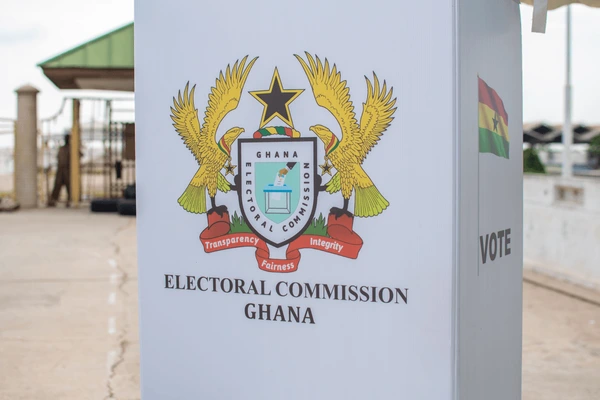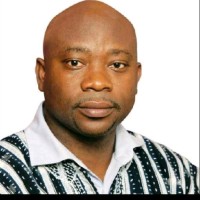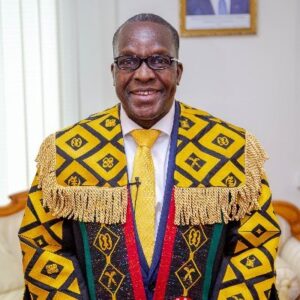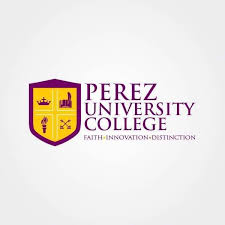Electoral Commission Tackles Shortage of Ballot Papers

The Electoral Commission (EC) of Ghana has moved swiftly to address concerns regarding ballot paper shortfalls and discrepancies in the Volta and Bono regions. This action was taken in response to an emergency meeting of the Inter-Party Advisory Committee (IPAC) held in Accra, where the Deputy Chairperson of the EC, Dr. Bossman Eric Asare, provided updates on the situation and the corrective measures the Commission has implemented.
Dr. Asare confirmed that the issues with the ballot papers were discovered by the EC’s own staff and were not raised by any political party. He stressed that the Commission’s proactive stance in identifying the discrepancies reflected its commitment to transparency and accountability. He explained that once the discrepancies were discovered, the EC immediately informed the relevant political parties through an official memo, which disclosed the issues and the steps being taken to resolve them. To correct the ballot paper shortfalls and discrepancies, the Commission ordered the reprinting of the affected ballots, which have since been dispatched to the affected regions.
While the memo was intended to be shared only with political parties, it was leaked to social media. Dr. Asare emphasized that the EC had nothing to hide and that the release of the memo was part of the Commission’s commitment to operate in a transparent manner. He assured the public that the reprinting and the subsequent distribution of corrected ballots was a routine part of the electoral process, designed to ensure the integrity and accuracy of the upcoming elections.
Furthermore, Dr. Asare provided details of similar issues found in other regions, including Greater Accra, Western North, Upper West, Western, and the Middle Belt. He pointed out that had the EC been trying to conceal any information, it would not have openly called for the reprinting of ballots to address the discrepancies. He called on political parties and the public to reject any efforts to malign the EC, reaffirming that the Commission’s actions were aligned with its core values of transparency and accountability.
Dr. Asare also took the opportunity to address concerns about the collation of votes, a critical aspect of the election process. He explained that the EC had appointed qualified collation officers with expertise in statistics, accounting, finance, and other related fields to assist the Returning Officers at both the constituency and regional levels. These officers were selected after a thorough application and interview process, which included input from the Ghana Statistical Service. He clarified that the role of the collation officers would be to independently electronically collate polling station results for both the presidential and parliamentary elections. This electronic collation will be done using an Excel format provided by the EC, and their results will be cross-checked with the manual collation performed by the Returning Officers.
The goal of appointing these officers, according to Dr. Asare, is to enhance the integrity and accuracy of the electoral results. He emphasized that this was a standard procedure to ensure that all election data is handled efficiently and accurately. He also stated that the national collation process would take place in Accra, while regional collation would occur at the EC’s regional offices, with more specific details to be provided to political parties and their agents ahead of the elections.
Regarding accreditation for the elections, Dr. Asare confirmed that political parties and presidential candidates would be granted accreditation for two agents at each constituency and regional collation centre. Additionally, both domestic and international observers would be accredited to monitor the electoral process. Only those who are properly accredited would be allowed to enter the collation centres. The media, too, would have access to cover the collation process, with final arrangements for press coverage still being discussed with the Ghana Journalists Association and the Ghana Independent Broadcasters Association.
At the meeting, some political parties, particularly the opposition National Democratic Congress (NDC), voiced concerns over the lack of consultation regarding the appointment of collation officers. Dr. Edward Omane Boamah, the NDC’s Director of Elections and Information Technology, expressed dissatisfaction with both the shortfall of ballot papers and the EC’s handling of the issue. However, Dr. Asare responded by reiterating the Commission’s transparency and commitment to ensuring the elections are conducted fairly and accurately.
The EC’s efforts to address the ballot paper shortfalls, as well as the appointment of qualified collation officers, underscore its commitment to maintaining the integrity of Ghana’s elections. Despite some concerns raised by political parties, the EC’s swift action to resolve the issues and its transparency in communication have been key in upholding public trust ahead of the December 7 elections.







